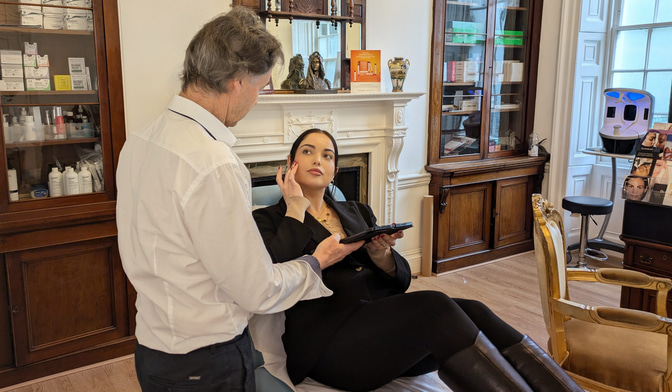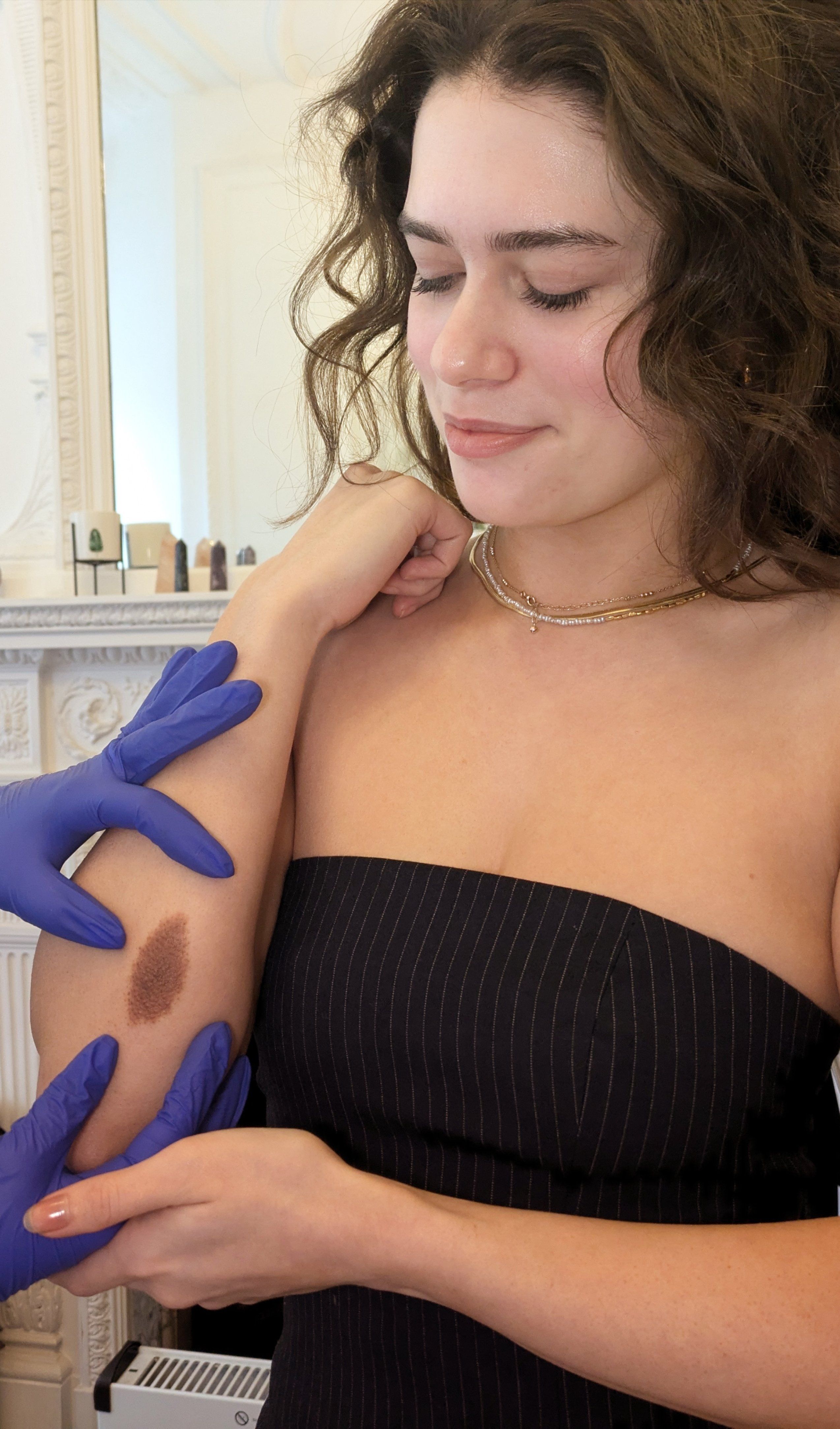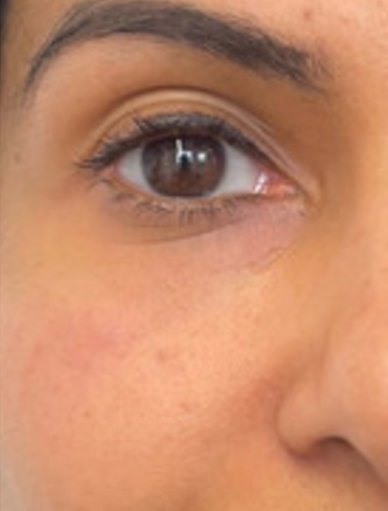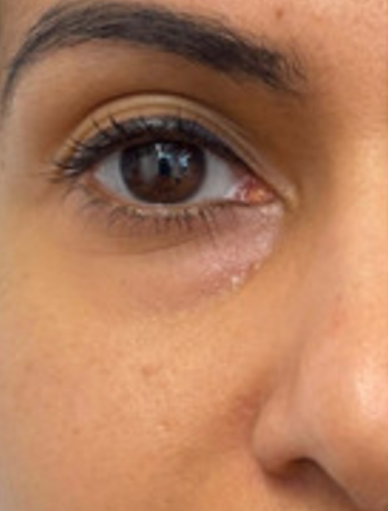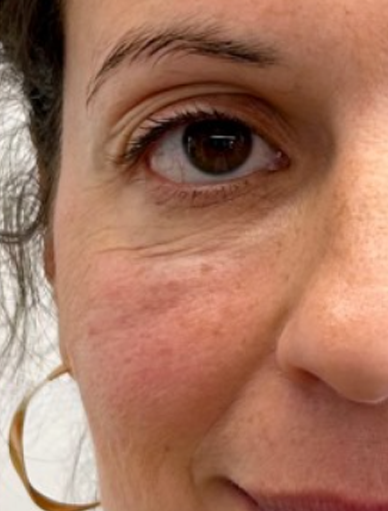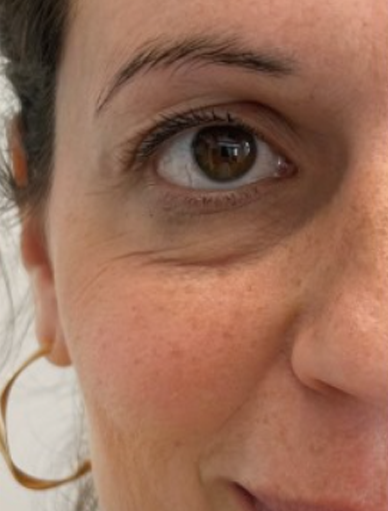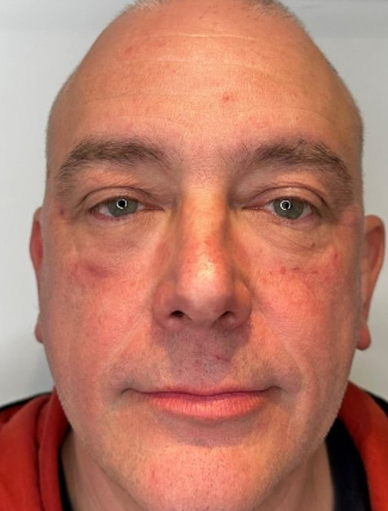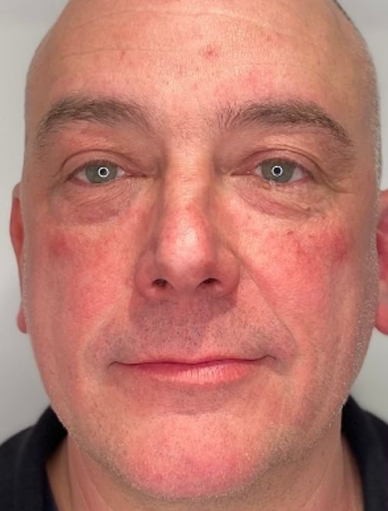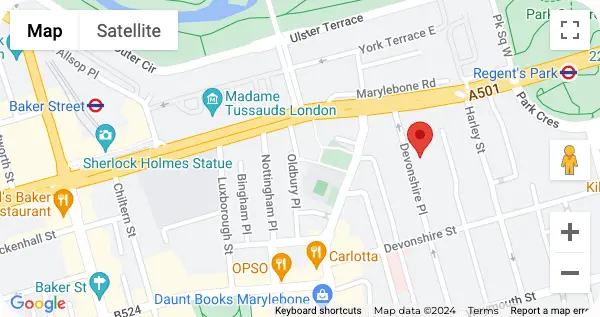Superior Results
How much does a Polynucleotides l cost?
Polynucleotide at Harley Street Skin Clinic administer this treatment with skill and expertise. Employing safe, long-established procedures and high-quality medical materials.
This is how how much our Polynucleotide costs:
Doctor:
- Single session – £360
- Course of 3 – £980
- Top-up – £360
Senior Doctor:
- Single session – £450
- Course of 3 – £1,220
- Top-up – £450
Lead Doctor:
- Single session – £540
- Course of 3 – £1,470
- Top-up – £540
Our prices represent the expertise of our GMC-registered doctors, the superior quality of the products we use and the convenience and comfort of our clinic. Elsewhere in the UK, in places such as Manchester, Newcastle or Leicester, the cost of treatments is less expensive, and treatments start from £250 per session upwards. But, there can also be less quality methods or end results with them. By choosing Harley Street SKin Clinic, you are choosing reputable care from individuals who care first and foremost about your safety and satisfaction.





